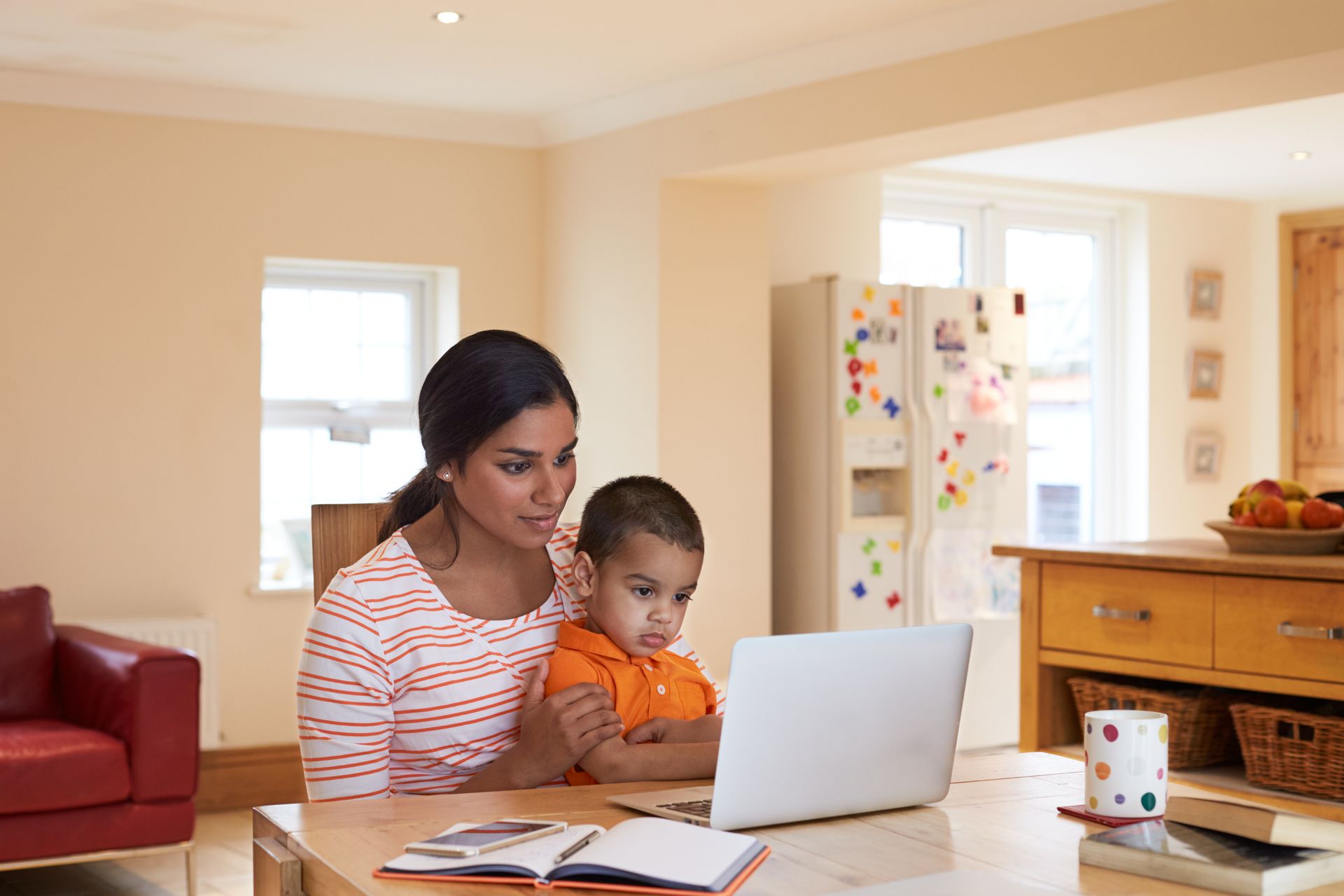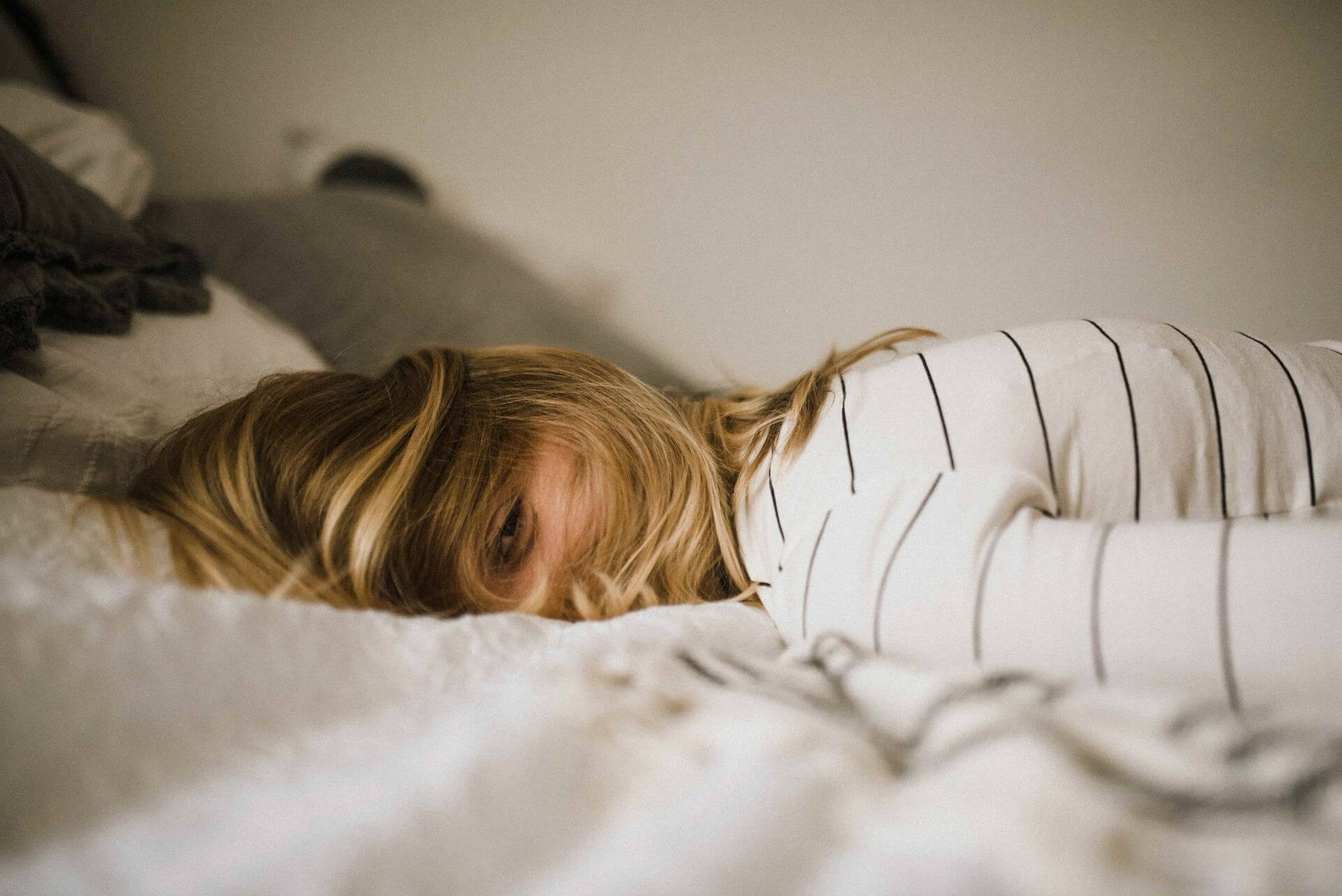I’m feeling exhausted and my mental health is suffering. Why is this happening?
An RAQ mental health professional explores the ongoing mental health impacts of COVID-19 and offers advice to look after your emotional wellbeing.
“In the year 1800, not a single country had a life expectancy over 40 years of age. The world has changed.” – Anonymous
It’s indisputable that our world has changed with COVID-19. And it’s changed in so many ways – from the extreme impacts such as a growing mortality rate of nearly 5 million people dying, to less extreme impacts of not being able to buy toilet paper. These changes are affecting all of us.
The good news is that from birth, we’ve been learning to adapt our behaviour to our environment. We learn that we need to adapt to survive.
Effects of Living in a Post-COVID World
When we were young, we learnt the stove top is hot, and we didn’t touch it again. We learnt that it’s dangerous to run on the road, so we walk on the footpath instead.
So, what’s changed with our adapting skills?
Psychologist John Leach has spent his career studying survival and says there are two types of survival behaviour: intrinsic and extrinsic.
Intrinsic survival refers to how we live in our regular lives. These are the routines we can expect in our day-to-day environment, like staying on the footpath to walk into the shopping centre.
Extrinsic survival is about the behaviours we need to survive in an environment we haven’t previously experienced – like living through a kidnapping or a global pandemic.
Leach says we’re more exhausted right now because we’re relying so much more on our intrinsic survival mechanisms – basic behaviours like how to enter a building.
Before COVID-19, we walked through the door of a building. Now we have to QR scan, put on our masks, and stay 1.5 metres apart. We make conscious decisions about how to enter a building, whereas a year ago, we just walked in.
Another example is picking up the dry cleaning. Pre-COVID, it was a 5-minute trip including parking. Now we wait outside on the footpath until the number of allowable people per square meter rule lets us enter. We scan the QR code to check in, speak through our masks, distance from anyone else, and ensure we do a cashless payment. These are all new intrinsic demands we didn’t need to consciously think about before COVID.
All this conscious decision-making is having an impact on our mental health. With the constant demand to keep managing new situations, including everchanging COVID-19 mandates, our ability to manage our adaptive behaviours is lessening. It’s wearing down our resilience and making us tired because we’re thinking through our daily routines in a way we’ve never had to.
Added to this is a loss of our traditional supports systems, like not always knowing who our neighbours are, or who is delivering our Uber Eats. We’re living more in isolation with fewer friends and social connections, which increases the acuteness of feeling exhausted.
So, what can we do?
Looking After Yourself During COVID-19
COVID has impacted all of us, and we’re all doing our best to cope – but that doesn’t mean it isn’t hard sometimes. Here are some tips to prioritise your mental health and encourage your wellbeing.
Be kind to yourself
Acknowledge it’s a demanding time. It’s OK to feel exhausted; a lot of us are. The evidence is on your side that you should be feeling a bit burnt out. Book in some time out for yourself, like going for a walk around the block.
Accept that you don’t need to know all the answers
If you’re a working parent who is home-schooling your children, you probably don’t know year 9 statistics – and that’s totally understandable. It was tough the first time around, and even tougher the second time. See if you can find an affordable online tutor to help or ask the teacher for their ideas.
Limit your alcohol intake
A glass of wine might feel like an essential survival aid – and that’s great if you can keep to a limit. But one glass can turn into two, and before long, you could be drinking a bottle a night. Instead of having another glass, do something different. Give your pet a cuddle, or put on your favourite music and sing some bad karaoke.
Ask for help if you need
It’s OK to feel a bit wobbly right now. But it’s important to ask for help if you’re struggling to cope on your own. There’s a lot going on, and conversations with trained counsellors can help. More people are asking for help, so it’s OK if you need to as well.
There may be a lot of uncertainty around the future with COVID restrictions and ever-changing updates. But we can all do what we can to look after ourselves right now, and keep the conversation about mental health going.
RAQ provides confidential counselling in person, over the phone, and over video chat. You can learn more here, or call 1300 364 277 to make an appointment.

